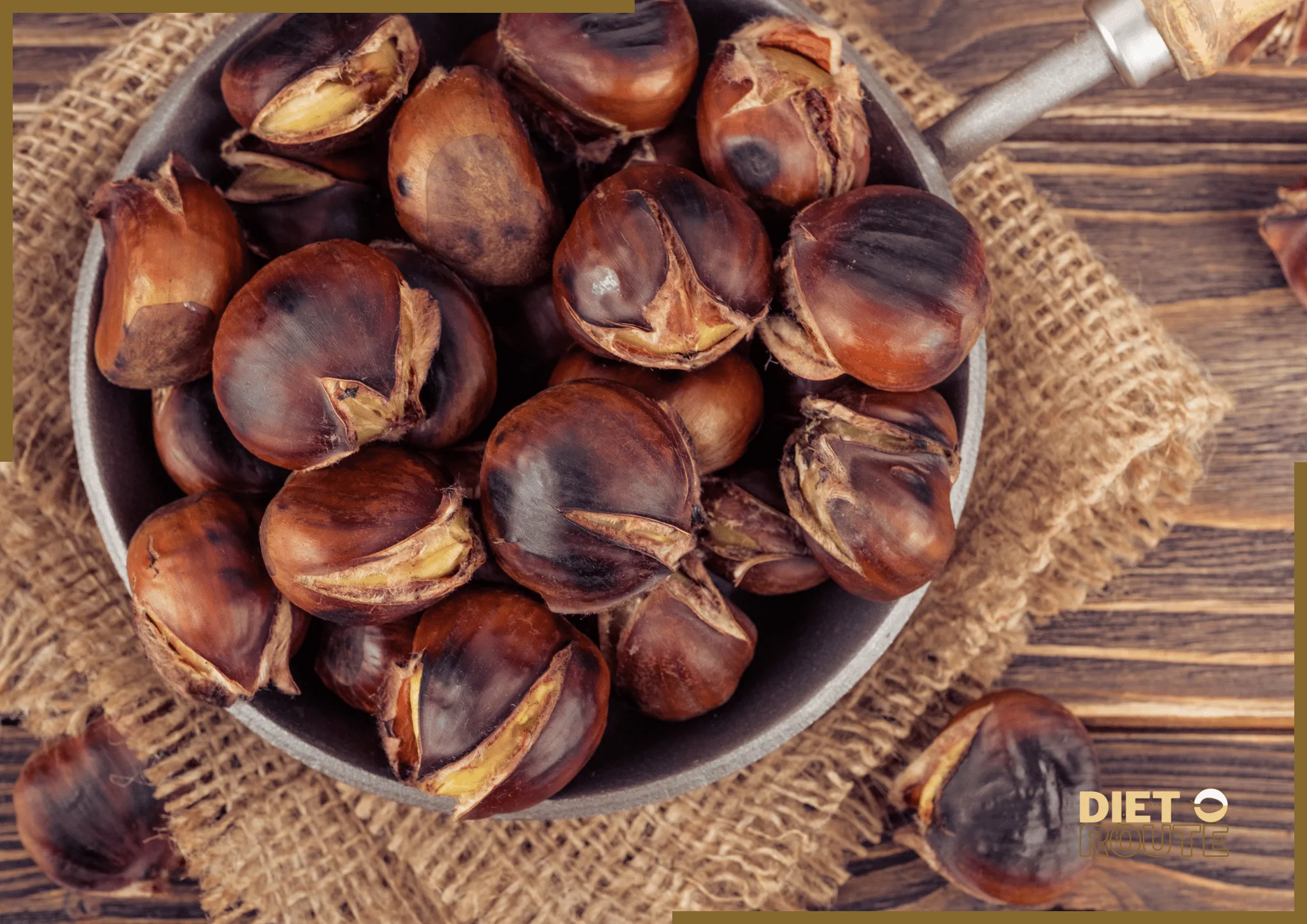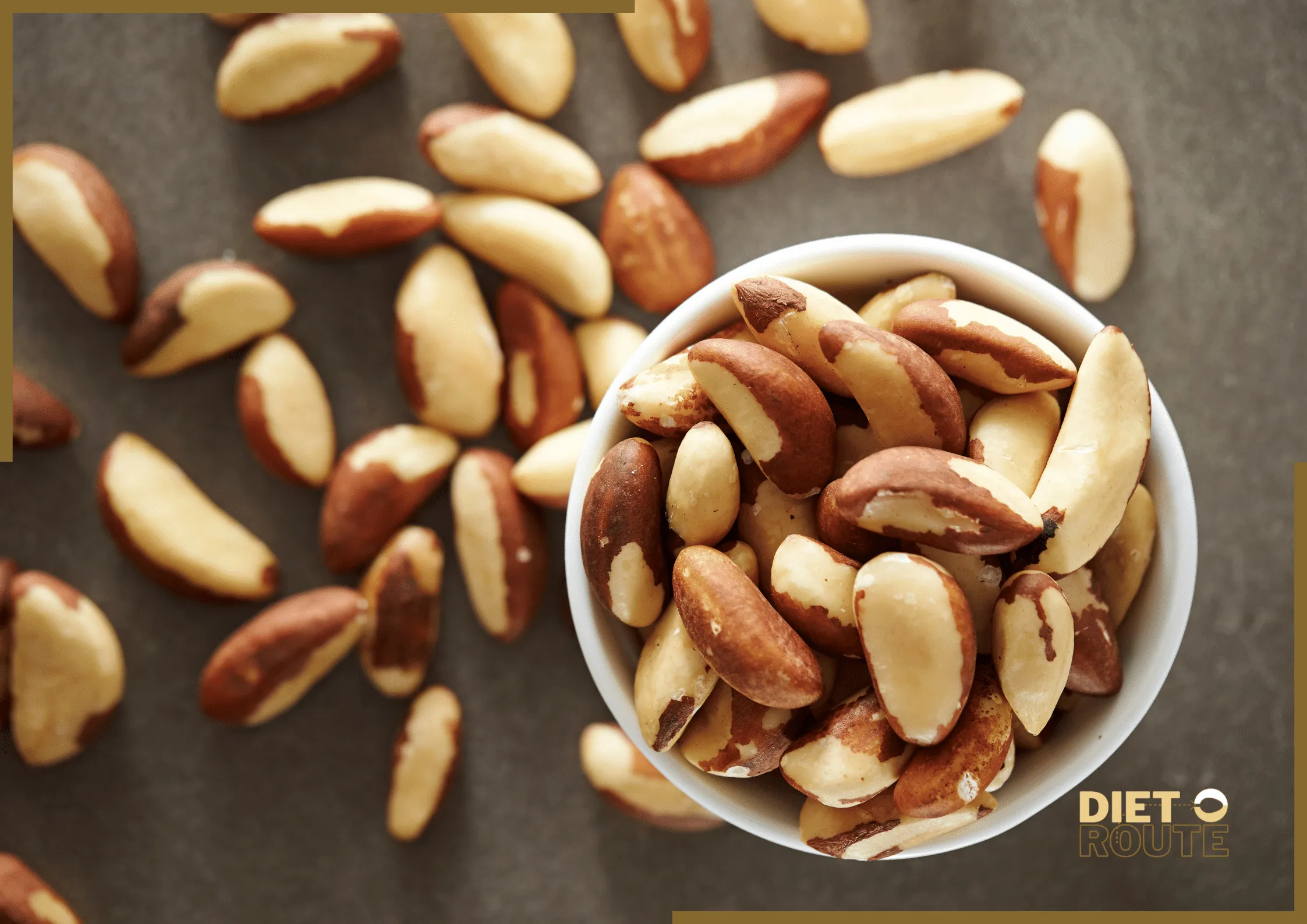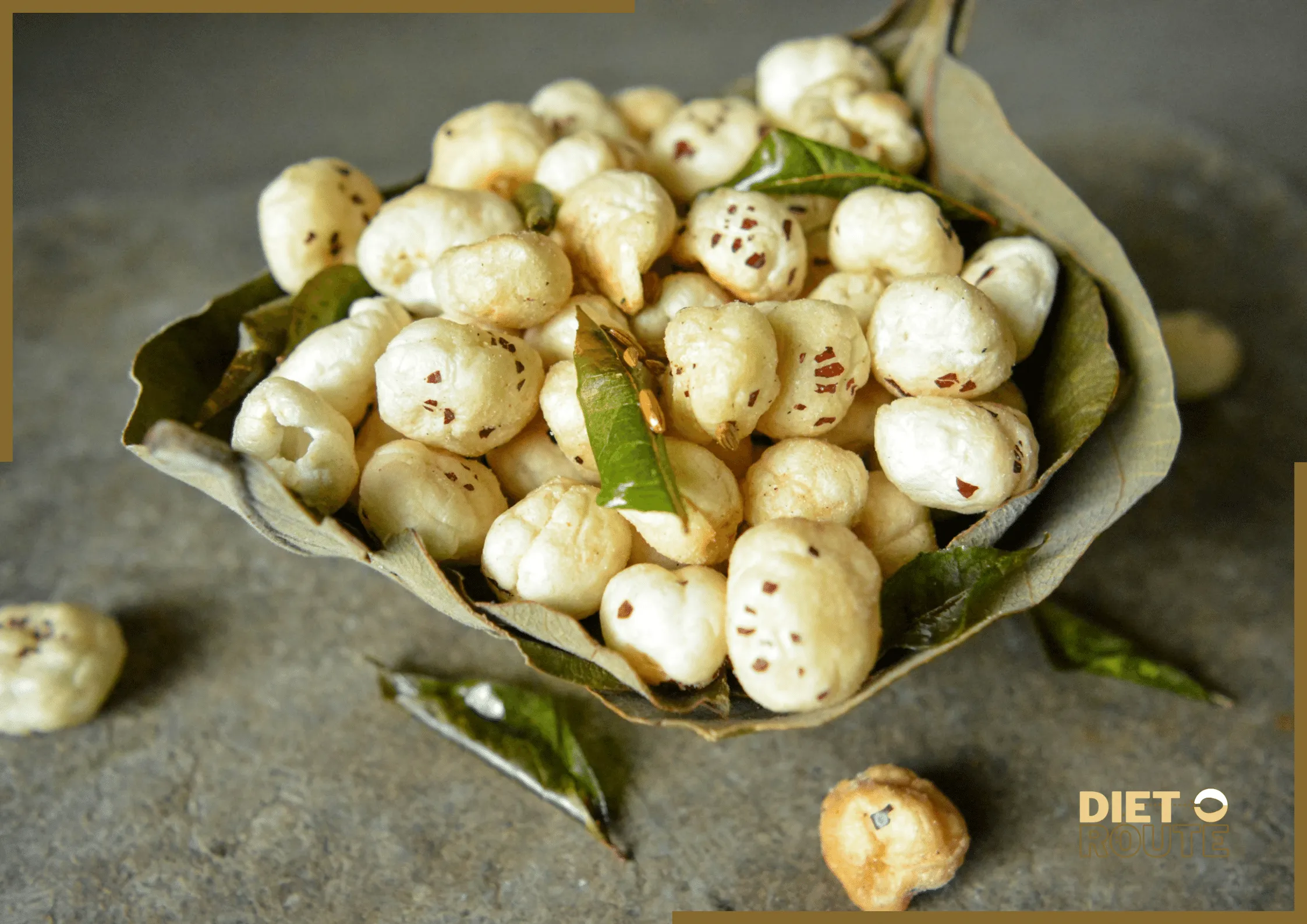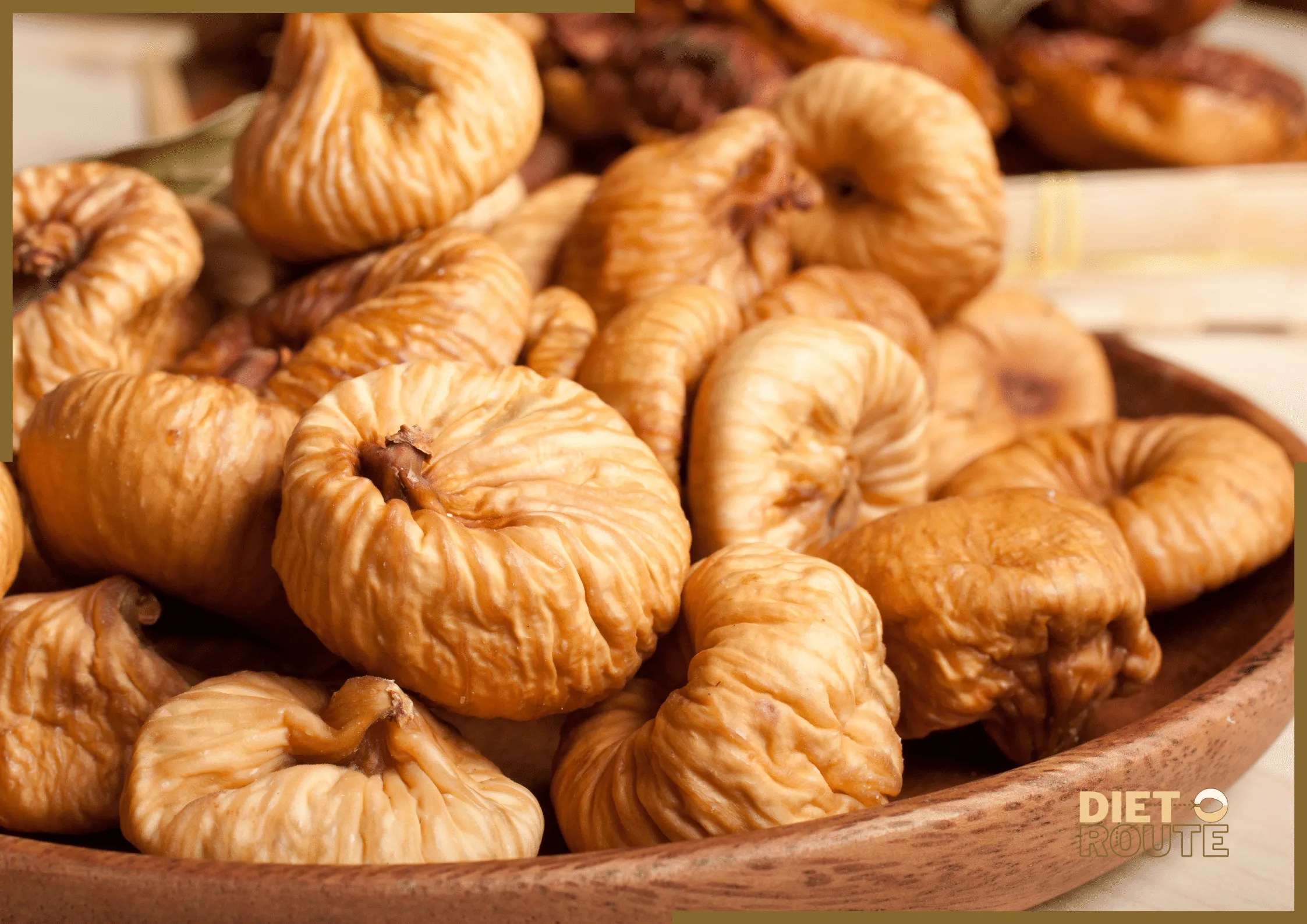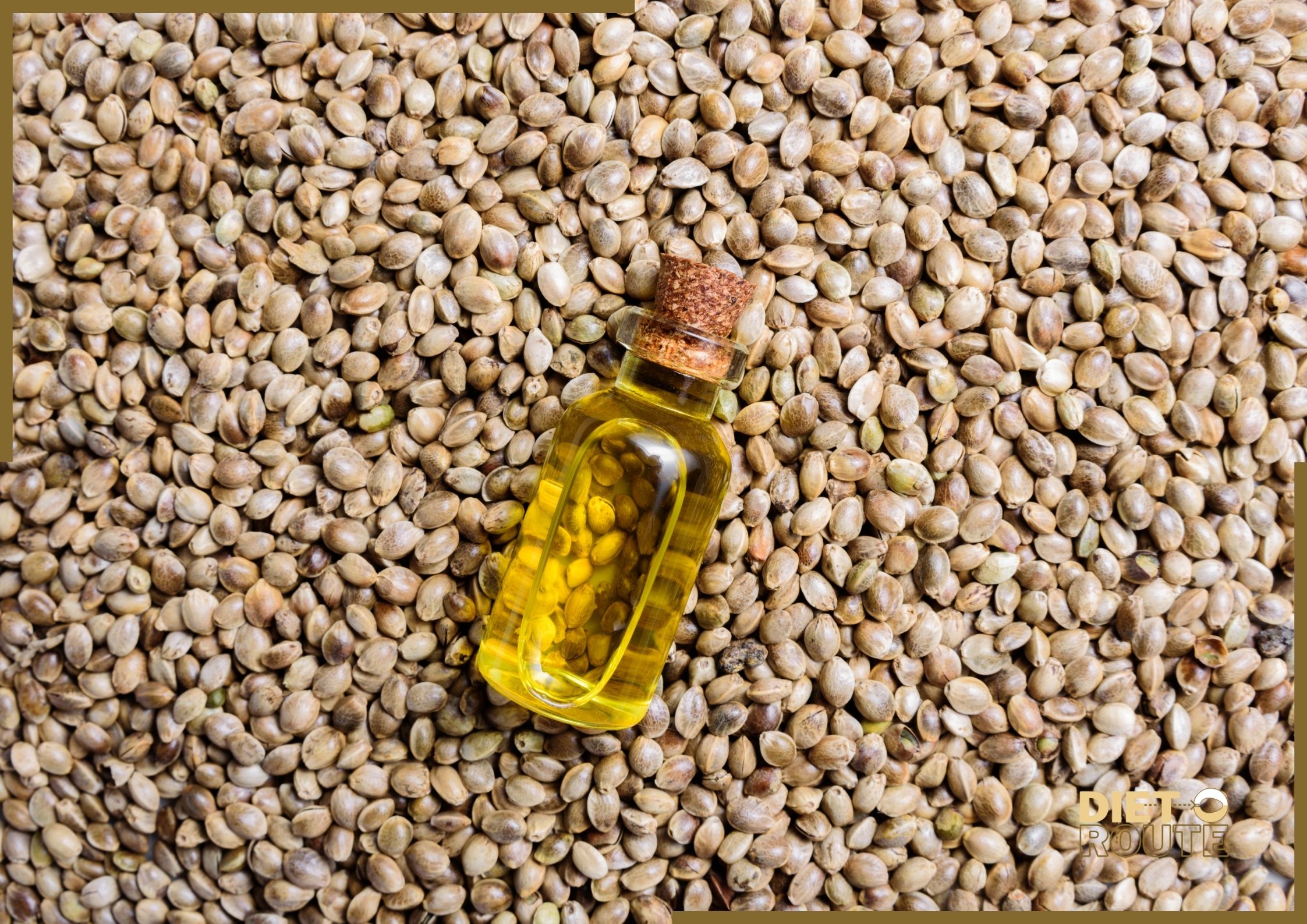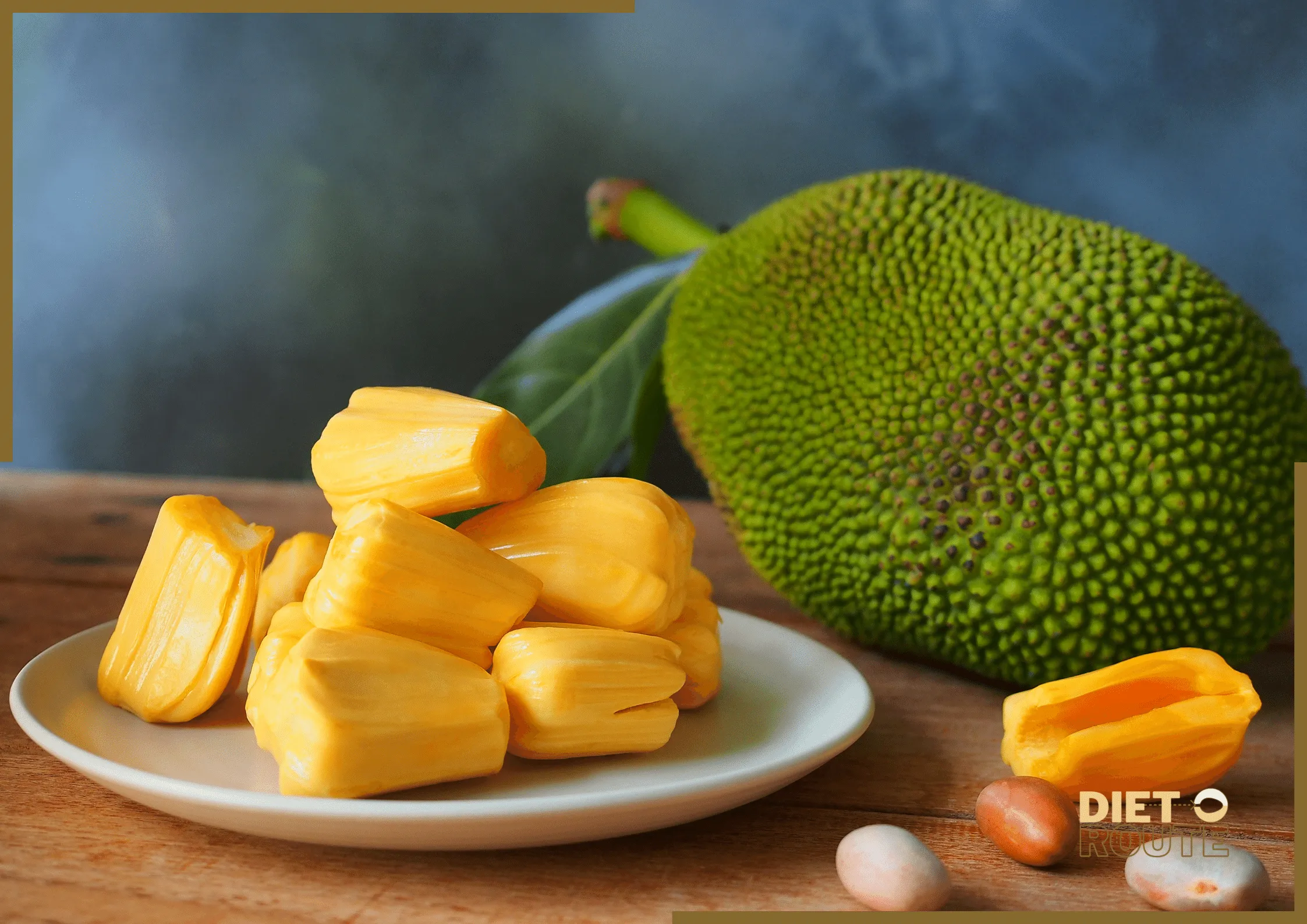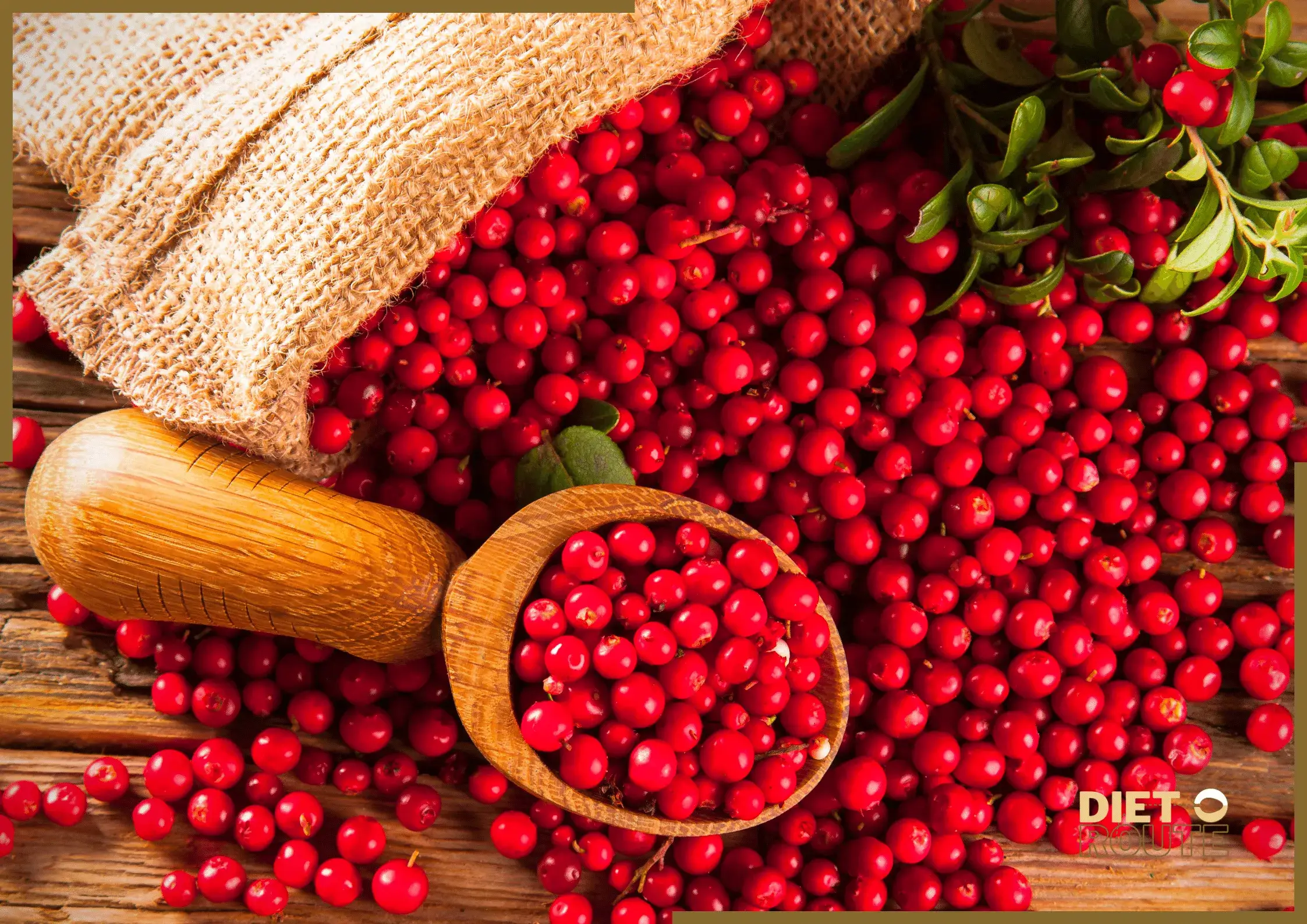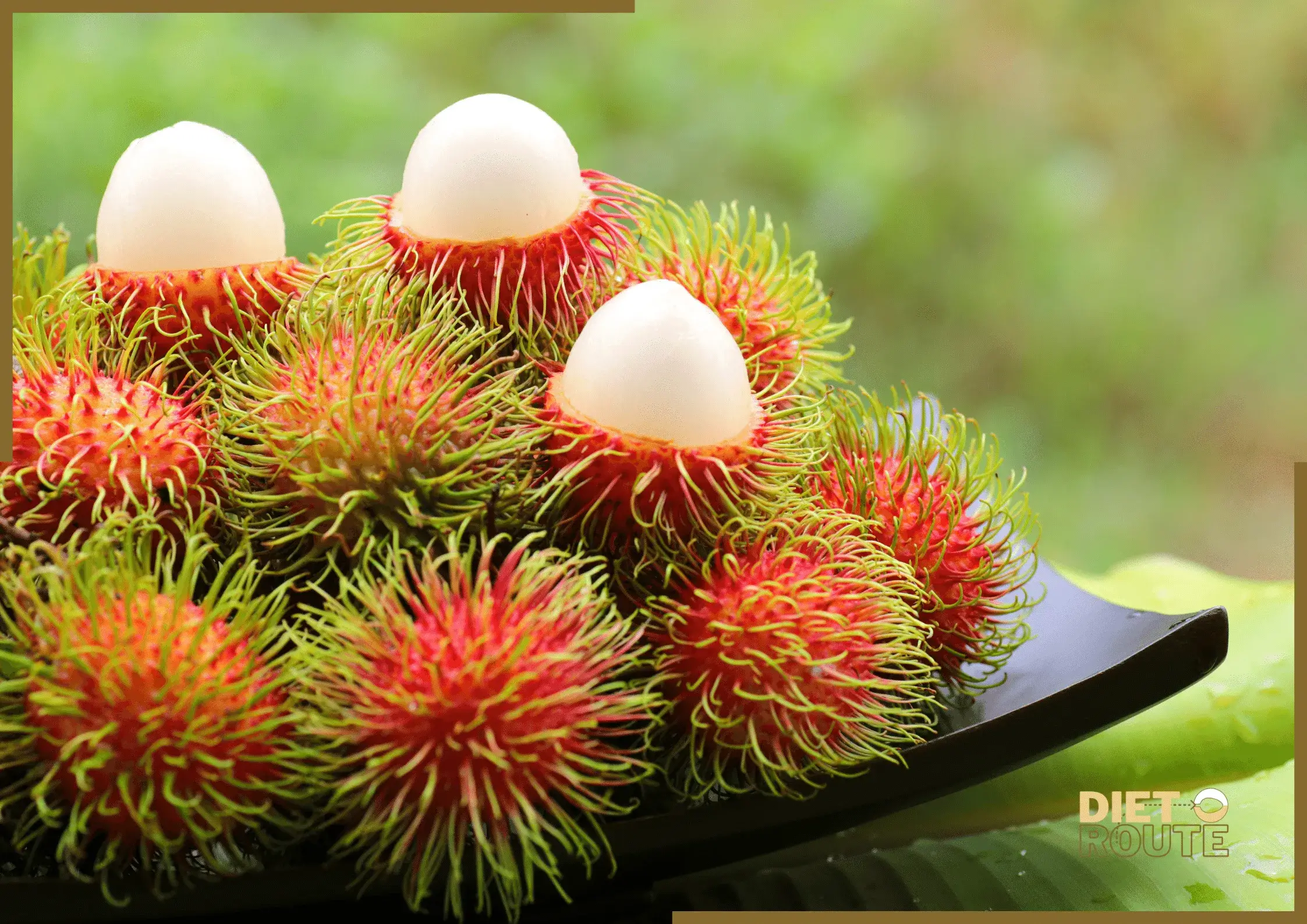Table of Contents
Introduction
Chestnuts are a highly nutritious type of nut that boasts a distinctive flavor and texture. This article presents a tabular format of the nutritional value, including the daily percentage value. Our article covers the advantages and disadvantages, along with providing answers to ten commonly asked questions (FAQs) regarding chestnuts. Explore the advantages and factors to keep in mind when adding these nuts to your eating habits.
Nutritional Value Approximately 100g
The values provided are approximate can vary depending on the size and ripeness.
| Nutrient | Amount Per 100g | % Daily Value* |
|---|---|---|
| Calories | 213 kcal | 11% |
| Carbohydrates | 45.5 g | 15% |
| Fiber | 8.1 g | 32% |
| Sugars | 11.4 g | – |
| Protein | 2.7 g | 5% |
| Fat | 2.2 g | 3% |
| Saturated Fat | 0.4 g | 2% |
| Monounsaturated Fat | 0.6 g | – |
| Polyunsaturated Fat | 0.8 g | – |
| Vitamin C | 43 mg | 48% |
| Vitamin B6 | 0.3 mg | 18% |
| Manganese | 0.7 mg | 33% |
*Percent Daily Values (% DV) are based on a 2,000-calorie diet.
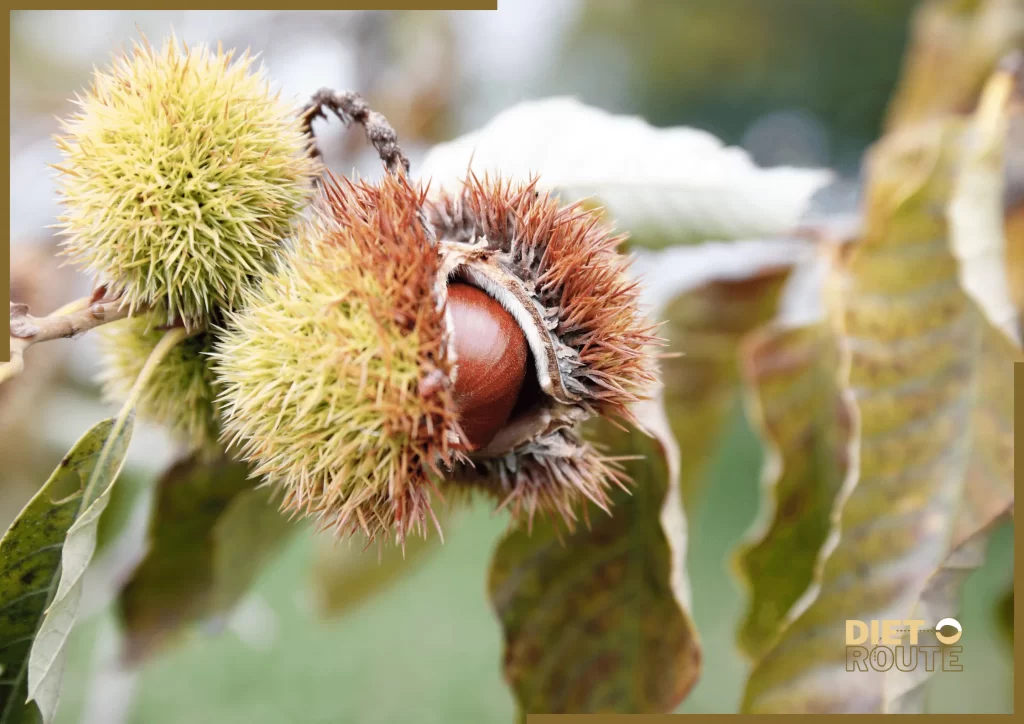
Pros
1.Chestnuts are a great low-fat alternative to other nuts, making them a healthier choice for those who are conscious of their fat consumption.
2. A Great Source of Fiber for Digestive Health and Weight Management.
3. They are a great source of vitamin C, an important nutrient with antioxidant properties. They are one of the rare nuts that contain a substantial amount of this nutrient.
4. They are a versatile ingredient in cooking, offering a unique flavor and texture to various culinary preparations. They can be roasted, boiled, or used in different dishes.
Cons
1. Chestnuts are a nut variety that is comparatively rich in carbohydrates. Moderation of carbohydrate intake may be necessary for individuals following a low-carbohydrate diet.
2. They may have allergenic potential and can cause allergies or sensitivities in some individuals. If you have a known nut allergy, it is crucial to be careful.
Frequently Asked Questions (FAQs)
1.Can individuals with diabetes consume chestnuts?
They are a great option for people with diabetes as they have a lower glycemic index than most starchy foods. However, it’s important to consume them in moderation. Portion control and blood sugar level monitoring remain crucial for maintaining good health.
2. Is it possible to incorporate chestnuts into a gluten-free diet?
Yes, they are a gluten-free food, which makes them a suitable choice for people who are on a gluten-free diet.
3. Can Chestnuts Aid in Weight Management?
They are a great addition to a balanced diet as they are high in fiber, which can help you feel full and support weight management.
4. Is protein content high in chestnuts?
They have a moderate amount of protein, but compared to other nuts, they are not as high in protein content. It is advisable to include diverse protein sources in your diet.
5. Is it safe for kids to eat chestnuts?
They are a nutritious food that can be included in the diets of children. To avoid choking hazards, it is important to cook the food thoroughly and cut it into sizes suitable for the age of the person consuming it.
6. Is it safe to consume chestnuts in their raw form?
They are usually not eaten in their raw form because of their tough texture and bitter flavor. Typically, these are prepared prior to being eaten.
7. Can chestnuts be included in a vegan or vegetarian diet?
Yes, they are a plant-based food and can be included in a vegan or vegetarian diet.
8. Is it possible to store chestnuts for an extended period?
Chestnuts’ shelf life is limited. For optimal preservation, it is recommended to store them in a cool and dry location and consume them within a few weeks.
9. Are chestnuts a possible allergen?
Yes, they may cause allergies or sensitivities in some people. It is crucial to be cautious if you have a known nut allergy.
10. Is it possible to incorporate chestnuts into a low-fat diet?
They are a great option for those on a low-fat diet as they contain less fat than many other types of nuts. Portion control remains crucial because of the high calorie content of these foods.
In a Nut Shell
Chestnuts are a highly nutritious nut choice that provides a rich source of fiber, vitamin C, and other vital nutrients. They can be a healthy addition to your diet, despite being relatively high in carbohydrates when compared to other nuts. Discover the distinctive taste and potential health advantages by adding them to your cooking repertoire. It is recommended to seek guidance from a healthcare expert or certified dietitian for tailored advice regarding your individual dietary requirements and issues.
